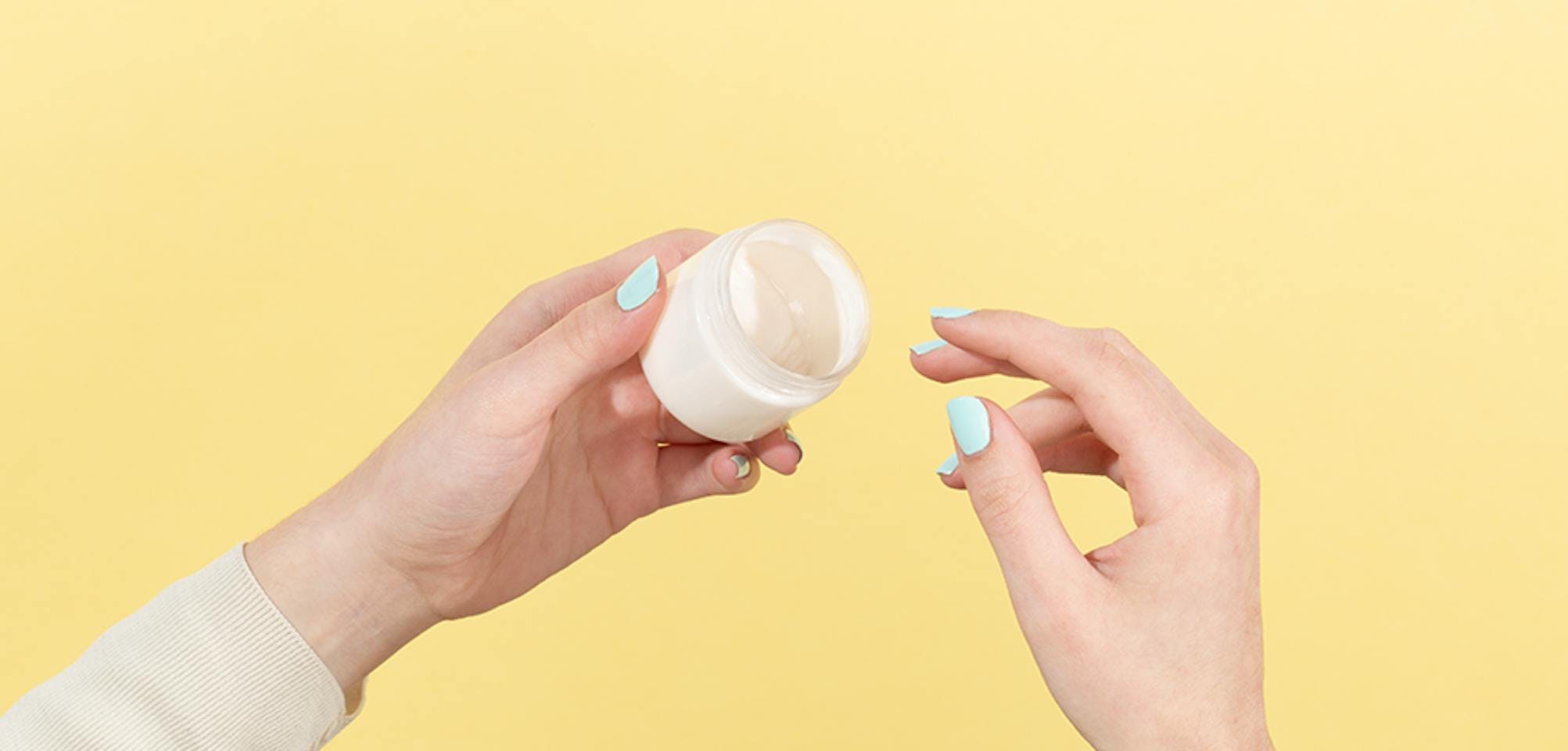31 May 2022
Everything you need to know about collagen!

Benefits
- Helps preserve smooth, bouncy, youthful skin
- Improves joint health and helps reduce joint pain from age or exercise
- Supports bone health by improving bone density - a common occurrence in ageing, especially for women
Multiformat:
Collagen is available in several formats. You can find it in products like:
- Food! (Fish, meat, egg whites, leafy greens, berries, and more!)
- Nutritional supplements (powders, capsules, tablets, and more)
- Creams
- Serums
- Moisturisers
- Masks
Compatible with you:
Collagen is an important skin building block. It should be compatible with most skin types if you are applying topically, but as always, we recommended patch testing new products to make sure no irritation occurs.
Many collagen dietary supplements come from animal by-products, so if you are vegan or vegetarian, we recommend finding a vegan collagen supplement or relying on fruits and veggies that will provide Vitamin C to help boost collagen production.
Is it for your skin type?
Collagen is important for all skin, especially as you start to get older and your collagen production starts to decrease. A healthy balanced diet and topical collagen products help your skin look fresh and hydrated!
How does it work? A little bit of science…
Collagen is a protein - the most abundant protein in your body. Like all proteins, collagen is made up of amino acids. This specific protein is most often produced in a cell called a fibroblast, a cell found in abundance in your skin’s extracellular matrix. The amino acids in this protein structure themselves in a triple helix shape.
Depending on how mineralized the protein is, it can be extremely sturdy (like in bone) or very flexible (like in tendons).
There are 28 different types of collagen, but 90% of your body’s total collagen is made up of type I. This collagen is found in your skin, tendons, ligaments, bones, and teeth.
You can obtain collagen through your diet. Eating foods like fish and chicken can provide a direct source of collagen, but this option doesn’t work for everyone. Eating fruits and vegetables can provide vitamin C and other minerals that play a key role in collagen synthesis. There are vegan collagen supplement options available for those following a plant-based diet.
There isn’t a wealth of evidence showing the benefits of topical collagen products. The collagen molecule is rather large and isn’t easily absorbed by your skin, but many products have collagen-boosting properties that will promote collagen production and give your skin a hydrating effect.
How to find it on beauty labels:
Collagen is usually listed on labels as just that - collagen. Some products and supplements will list collagen peptides, the building blocks of the collagen protein. There are vegan options available, but be sure to look for a vegan claim on packaging if this is a requirement for you. A lot of collagen products are animal-derived.
Formulas that have collagen-boosting claims will often contain:
- Vitamin C
- Niacinamide (Vitamin B3)
- Retinols (Vitamin A derivatives)
What products collagen can be found in:
[Here] you can find a selection of products with this ingredient from our online store.
How to incorporate it into your routine:
The most effective way to incorporate collagen into your routine is through a dietary supplement. Doses up to 10g per day have been proven to show improved skin elasticity and moisturization.
When using topical products like moisturisers or serums, implement them after cleansing your skin, typically before bed. Always use a product with SPF in the morning to protect your skin’s collagen from unwanted damage.
Works well with…
- SPF! Damage from UV rays can have a long-term impact on your collagen production, so it’s important to incorporate SPF products into your daily routine.
- Retinols
- Vitamin C